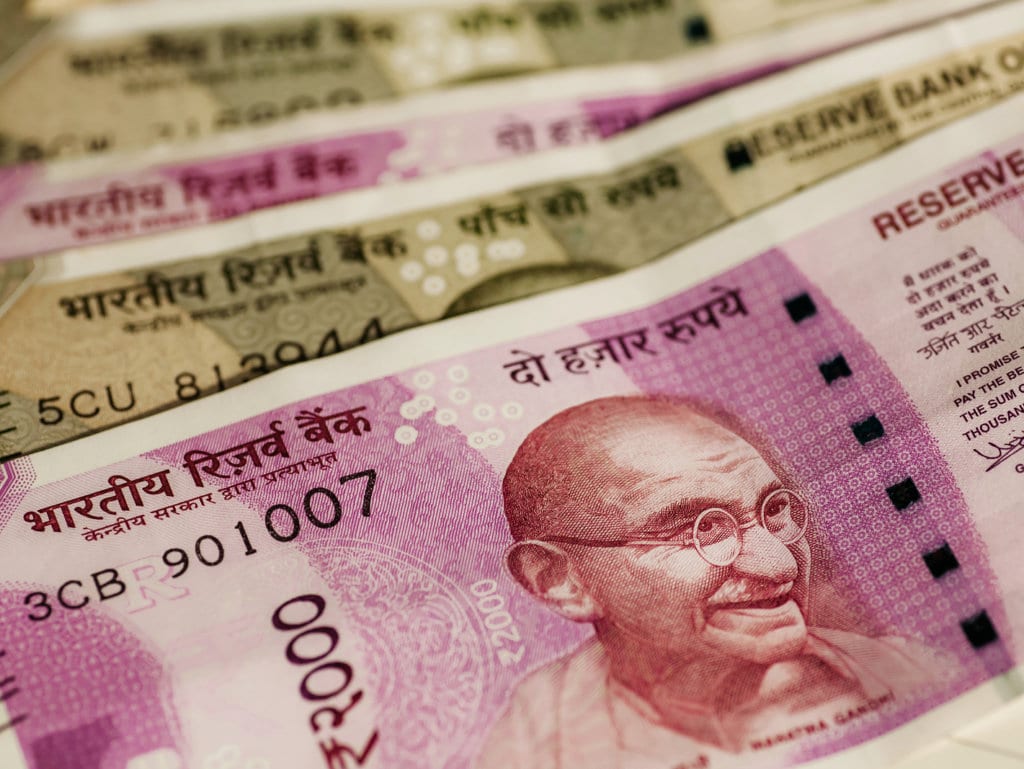India has been ranked 130th on the Index of Economic Freedom 2018, an annual ranking compiled by American think tank, The Heritage foundation, PTI reported. India’s score of 54.5 points pushed its ranking 13 spots up from last year.
“Its overall score has increased by 1.9 points, led by improvements in judicial effectiveness, business freedom, government integrity, and fiscal health. India is ranked 30th among 43 countries in the Asia Pacific region, and its overall score is below the regional and world averages,” according to the Washington-based foundation.
Last year, India, with 52.6 points, was ranked 143 among 180 countries, and Pakistan was two spots ahead of India. China was at the 111th spot with 57.4 points.
This year’s Index of Economic Freedom places India ahead of Pakistan, which is currently at No. 131, while China jumped one spot to reach 110th position.
The world average score of 61.1 is the highest recorded in the 24-year history of the think tank. It is more than three points higher than that recorded in the first edition of the index in 1995. The index ranks countries according to four broad policy areas that affect economic freedom — rule of law, government size, regulatory efficiency and open markets.
There are 12 specific categories that are given scores — property rights, judicial effectiveness, government integrity, tax burden, government spending, fiscal health, business freedom, labor freedom, monetary freedom, trade freedom, investment freedom, and financial freedom.
As India is developing into an open market economy, traces of its past autarkic (self-sustaining) policies remain, the report says. The economy’s shortcomings are corruption, underdeveloped infrastructure, a restrictive and burdensome regulatory environment, and poor financial and budget management, which continue to undermine overall development, it adds.
Although the BJP-led government has promised economic reforms, the changes so far have been modest, the report points out.
“The judiciary is independent, but the Indian courts are understaffed and lack the technology necessary to clear an enormous backlog. Although officials are often caught accepting bribes, a great deal of corruption goes unnoticed and unpunished,” it said.
The Heritage Foundation also said that India’s openness to foreign investment is below average. “State-owned institutions dominate the financial sector, and foreign participation is limited. In public-sector banks, troubled assets account for about 10 percent of total assets,” it added.
This year, six economies earned the designation of “free” (scores of 80 or above), while the next 90 are classified as “mostly free” (70-79.9) or “moderately free” (60-69.9).
“Thus, a total of 96 economies — more than half of all nations and territories graded in the 2018 Index — provide institutional environments in which individuals and private enterprises benefit from at least a moderate degree of economic freedom in the pursuit of greater economic development and prosperity,” the report said.
Most free economies as per the rankings:
|
